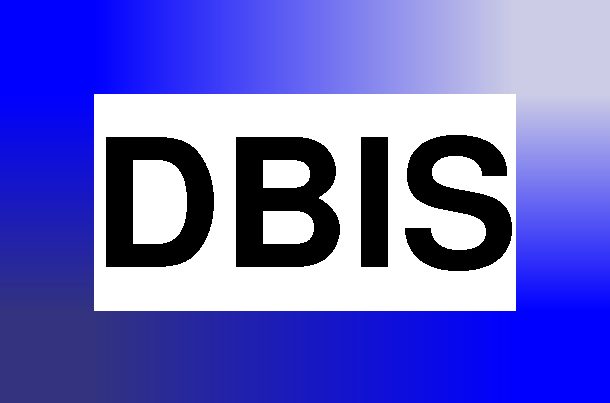For accessing and processing this information provided on the Web,
there is a need for integration of data from different,
heterogeneous sources. Languages for this purpose have to serve for
querying the web, extracting information from semistructured data,
and restructuring the results. In [LHL+98] we argue that
languages supporting deduction and object-orientation are
particularly suited in this context; we proposed a formal model for
querying structure and contents of Web data. A main advantage of
our approach is that it brings together the above-mentioned issues
in a unified, formal framework. The approach is implemented in the
FLORID system [HLL98] which is an implementation of the
deductive object-oriented database language F-Logic [KLW95].
This report substantiates the above claims by a case-study using
FLORID: We show how several information sources on the Web
containing political and geographical data are integrated to a
geographical database using FLORID. The case study illustrates the
trade-off gained from an integrated Web-querying and data
manipulation language, supporting a concise and elegant programming
style. Using a deductive language, a process of rapid prototyping
and refinement of the program -- implementing both a wrapper and a
mediator -- can be easily followed: the program consists of a
skeleton of generic wrapping rules [MHL+99], augmented by refining
rules and application-specific rules.


